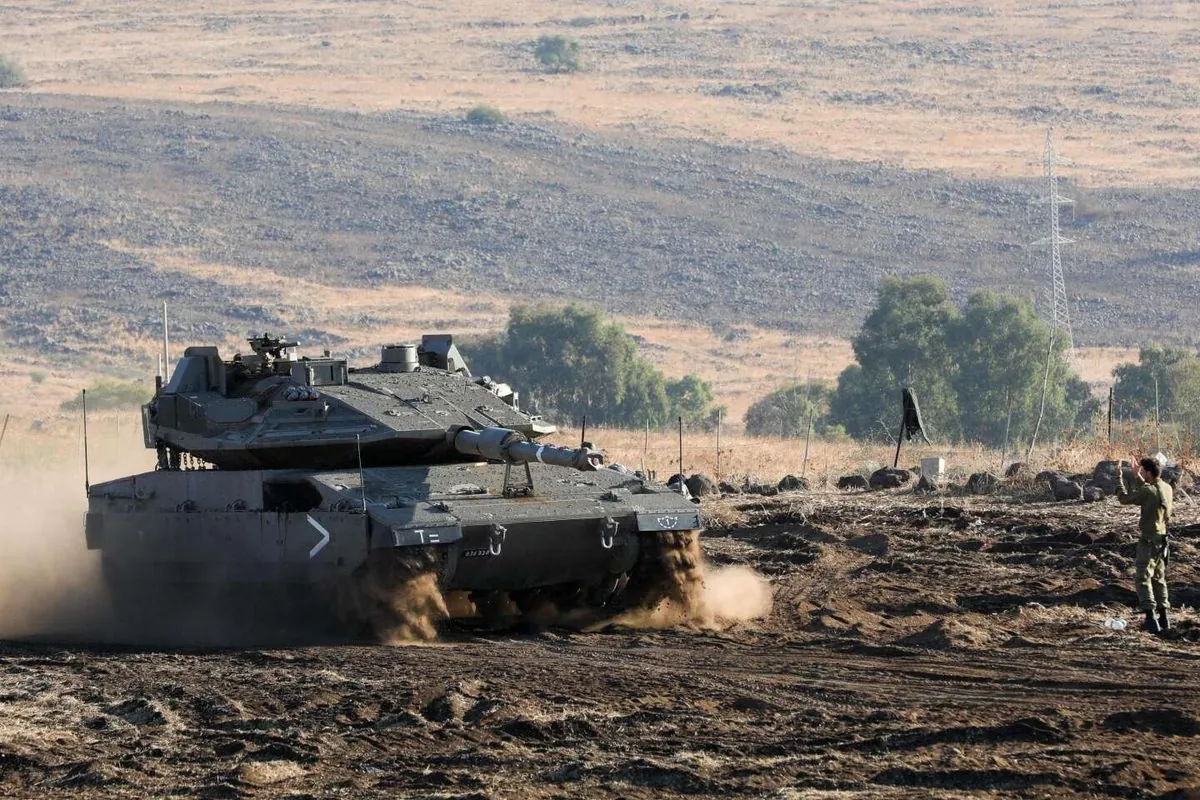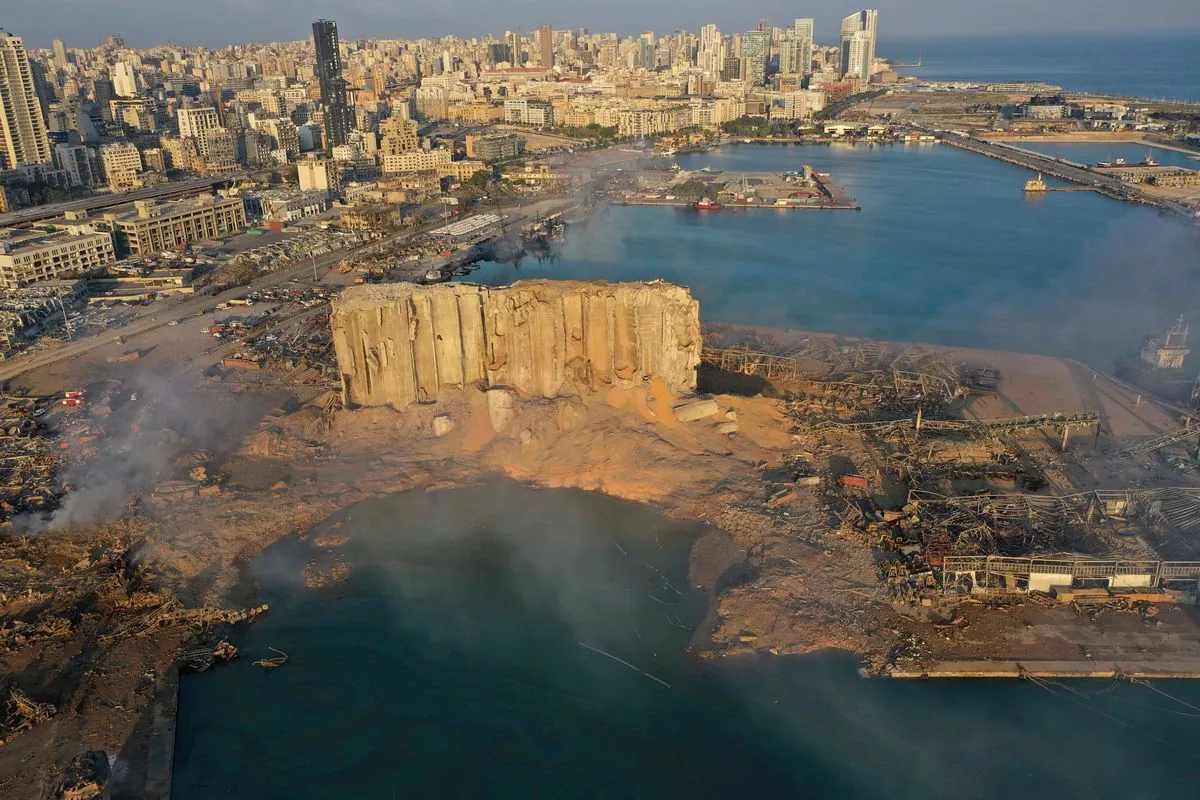Israel-Hezbollah Tensions Escalate: Fears of Wider Middle East Conflict Grow
Recent Israeli attacks on Hezbollah's communication devices in Lebanon have heightened tensions, raising concerns about a potential wider conflict in the Middle East. International leaders call for restraint as the situation deteriorates.

The long-standing tension between Israel and Hezbollah has reached a critical point, with recent events signaling a potential shift towards a wider conflict in the Middle East. After months of relative restraint, a series of sophisticated attacks on Hezbollah's communication devices in Lebanon has dramatically altered the landscape of this volatile relationship.
On September 17-18, 2024, explosions across Lebanon targeted pagers, walkie-talkies, and other communication devices belonging to Hezbollah operatives. The attacks resulted in at least 37 fatalities, including civilians, and injured approximately 3,000 individuals. While Israeli officials have not publicly claimed responsibility, they have privately confirmed their involvement to U.S. counterparts.

The sophistication of these attacks has raised significant questions about the future of cyber warfare and the vulnerability of technology supply chains. International law experts, including a U.N. panel, have accused Israel of violating international law and engaging in a form of terrorism, despite the target being a known terrorist organization.
Hezbollah, founded in 1982 during the Lebanese Civil War, has long been a formidable adversary to Israel. The group, designated as a terrorist organization by several countries, maintains a significant presence in Lebanon, with an estimated 25,000-50,000 fighters in its military wing. Hezbollah's leader, Hasan Nasrallah, described the recent attacks as an "act of war" and "a major assault on Lebanon, its security and sovereignty."
In response to the attacks, Israeli Defense Minister Yoav Gallant stated on September 18, 2024, that the conflict with Hezbollah had entered a "new phase," with Israel redirecting more resources towards the northern front. The following day, dozens of Israeli airstrikes targeted alleged Hezbollah positions in southern Lebanon.
International reactions to these developments have been marked by concern and calls for restraint. Egyptian Foreign Minister Badr Abdelatty warned that escalation could lead to "an all-out war which will turn the region into scorched earth." U.S. Secretary of State Antony Blinken echoed these sentiments during a visit to Cairo.
The strategic implications of Israel's actions remain unclear. While the attacks represent a significant tactical victory, they may have been prompted by the imminent discovery of Israel's technological infiltration. A senior former Israeli official suggested that the timing was "coincidental" rather than part of a broader strategy.
"Even if they were trying to send a message, why now? There will be a reaction from Hezbollah. Why do this if you are truly interested in preventing a wider war?"
The escalation has made it increasingly difficult to separate the conflict with Hamas in Gaza from tensions with Hezbollah. Firas Maksad, a senior fellow at the Middle East Institute, believes that "the broadening of the war has, therefore, become inevitable."
Benjamin Netanyahu's political considerations play a crucial role in Israel's approach to the conflict. The Prime Minister's far-right coalition has pushed for a more aggressive stance, potentially influencing decisions regarding military actions against Hezbollah.
As the situation continues to evolve, the international community watches with growing concern. The potential for a wider regional conflict looms large, with the actions of both Israel and Hezbollah in the coming days likely to determine the course of events in this volatile region.


































